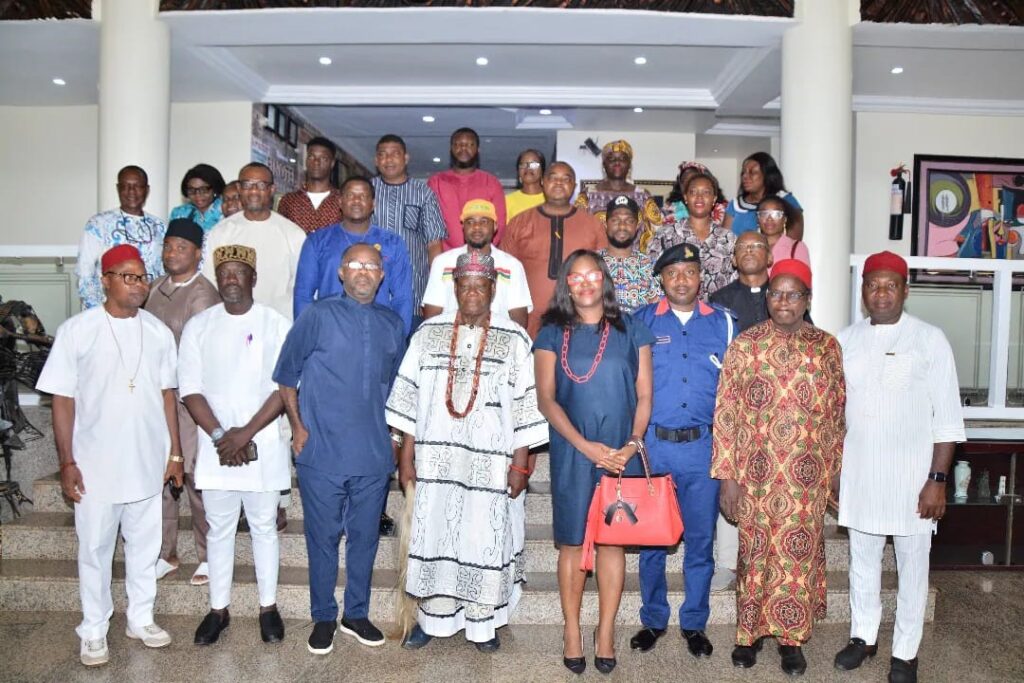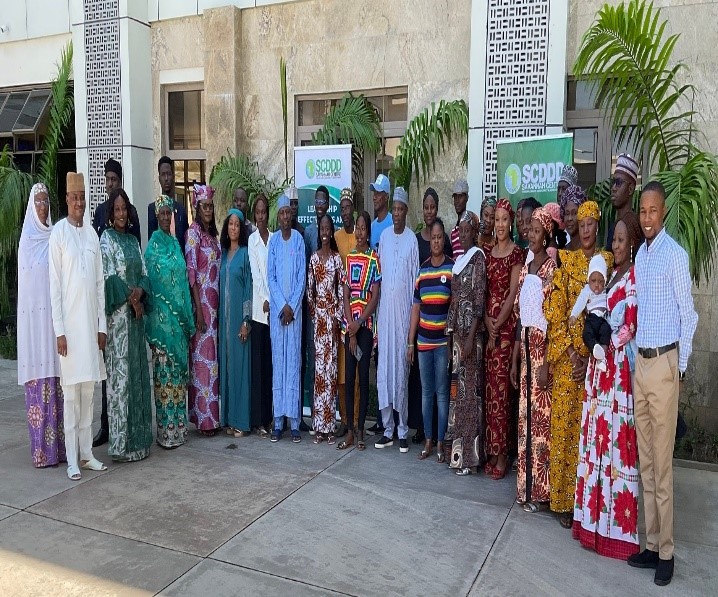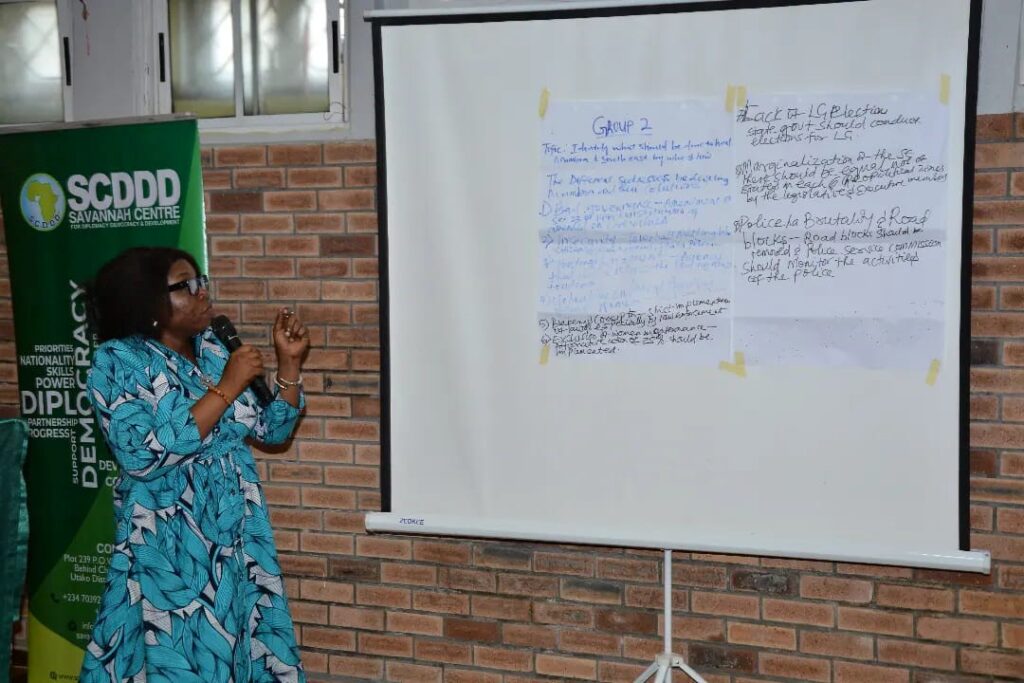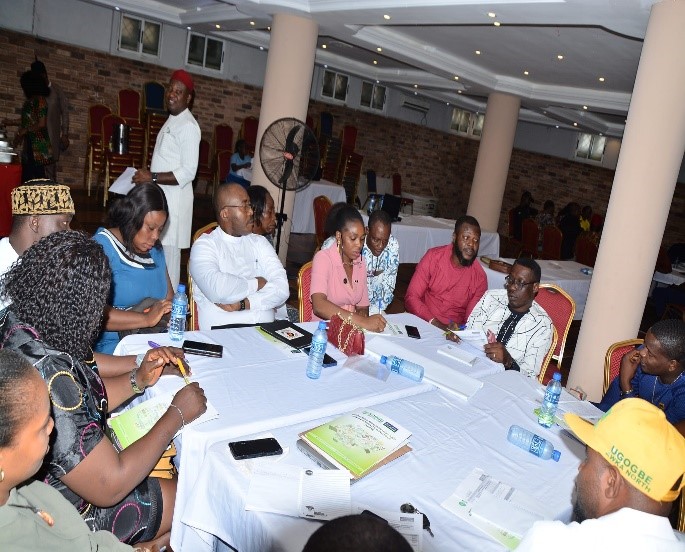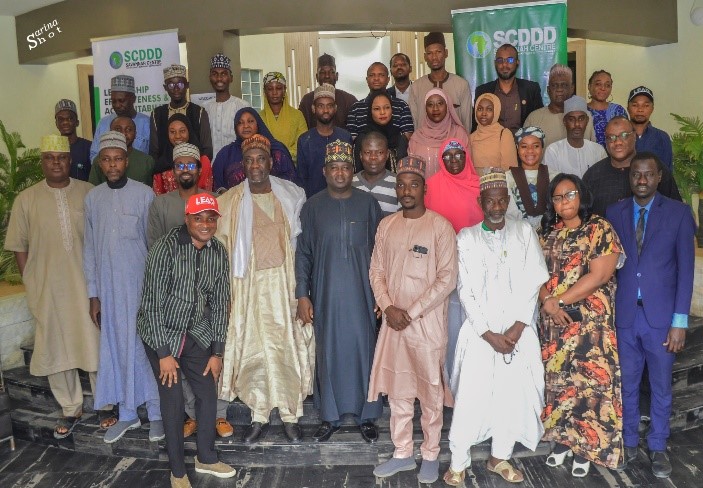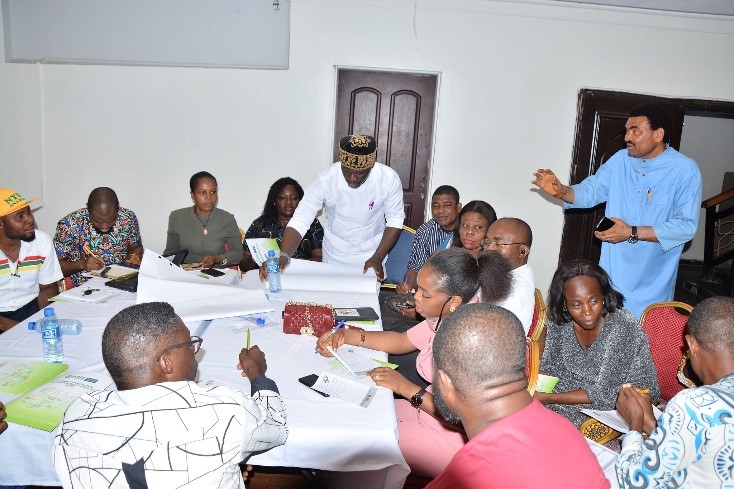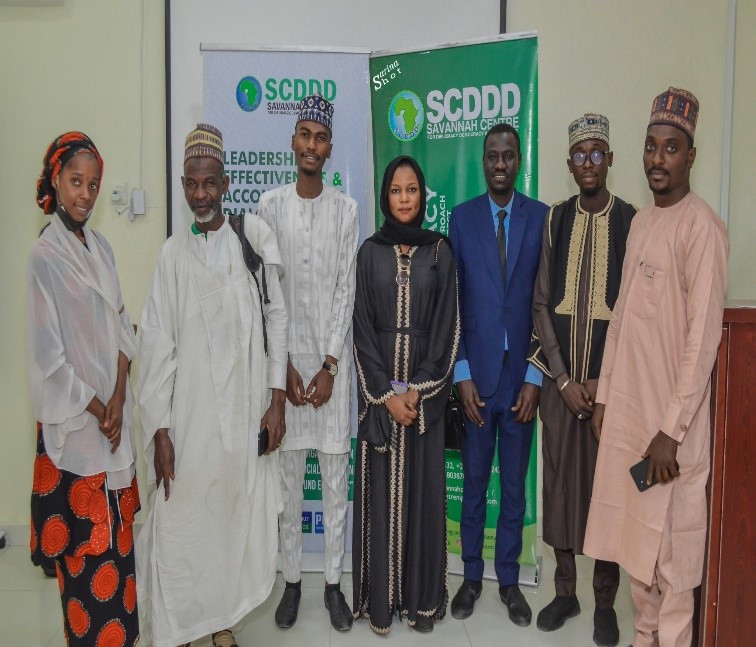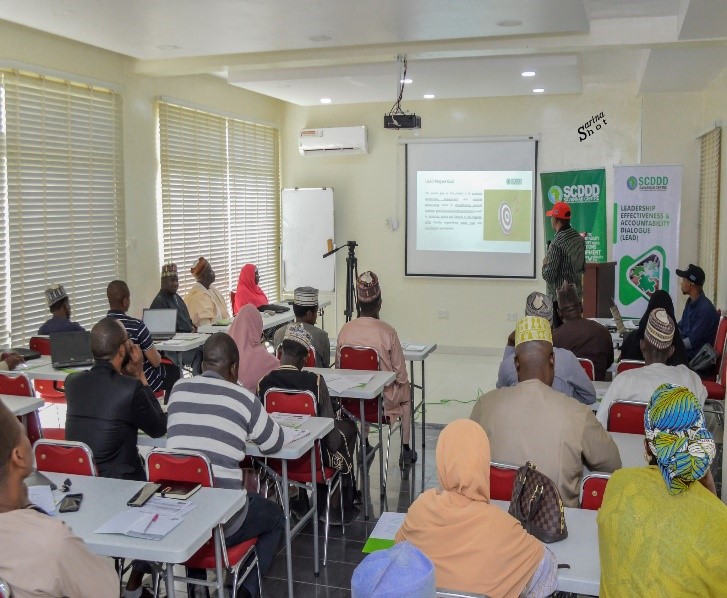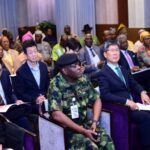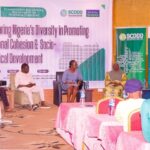
The Leadership Effectiveness and Accountability Dialogue (LEAD) project, is one of the flagship national projects, being undertaken by the Savannah Centre for Diplomacy, Democracy and Development (SCDDD) with funding support from MacArthur Foundation, under its “Enhancing Citizens Engagement of Accountability and Social Inclusion Issues around Elections”. The LEAD’s project overall goal is to promote constructive engagement aimed at strengthening national cohesion, good and accountable governance as well as inclusivity, justice, and fairness in the Nigerian polity thereby engendering public trust and confidence in government. The Leadership Effectiveness and Accountability Dialogue had its Regional Consultative Forum in three regions of Nigeria.
The First Regional Consultative Forum took place in Northeast, Yola, Adamawa State. The THEME of the Regional Forum was “Nigeria and the Challenges of National Unity Beyond the 2023 General Elections Vs the Imperative of Dialogue for National Cohesion, Security and Development”. Amb. Abdullahi Omaki, nooc, fsma, A seasoned diplomat, and former SSA to the President Muhammadu Buhari on International Affairs Matters. He continued to emphasized on the collective responsibility of both the leaders and the followers in other to achieved National cohesion, Unity and Development. In addition, Ms. Halima Oiza Sadiq, the Executive Director, Chachavivi Women and Girl Child Development Foundation also shared her perspective on Enhancing Women’s participation in Nation Building and Social Cohesion. She said Over time women has been regulated, and miss represented and that is why we are still encountering some kinds of less-satisfactions today in the nation building. She urges all the women present to participant when necessary and always stand up for their right.
The second Regional Consultative Forum took place in the ancient city of kano state, northwest, Nigeria. The Theme was still on the Nigeria and the Challenges of National Unity Beyond the 2023 General Elections Vs the Imperative of Dialogue for National Cohesion, Security and Development. An Associate professor from the Department of Political Science, Beyero University Kano, spoke Extensively from a historical point of view how the Nigerian disunity began and traced back to the 1914 amalgamation and the 1914 constitution of Nigeria. Better ways to address the enormous problems of Nigeria was brought forward like the restructuring of Nigeria system and also recreating the National Orientation agency. Participants were drawn from different clusters including societal Organization, media, traditional leaders and Person with disability (PWDs).
Lastly, the third Regional Consultative Forum took place in Anambra state, Southeast region of the country. The events still engaged the stakeholder meeting on the same THEME: Nigeria and the Challenges of National Unity Beyond the 2023 General Elections Vs the Imperative of Dialogue for National Cohesion, Security and Development. The event enumerated the divisive instruments that aids a disadvantaged societal and economic driven Nigeria and also Identifying ways to attain and sustain national cohesion putting the “Heal Nigeria” as the main perspective. Critical issues that can promotes unity, cohesion, and development of Nigeria vis-a-vis variables that are likely to continuously divide the Nigeria polity amongst other things were extensively discussed.


